Have you ever wondered why your grandparents are up and chirping with the birds while you’re hitting the snooze button for the fifth time? It’s not just a lifestyle choice; science has some compelling explanations. Let’s delve into the mystery of why older people sleep less than young people.
The Circadian Rhythm: Nature’s Alarm Clock
First off, let’s talk about circadian rhythms — think of it as nature’s alarm clock, a biological metronome ticking away inside you that regulates the sleep-wake cycle.
Circadian rhythms help to regulate our bodily functions over a 24-hour period — not just sleep but also feeding times, hormone release, and even mood. The term “circadian” comes from the Latin words “circa” (around) and “diem” (day), which pretty much sums up the concept: it’s all about what happens around the day.
The Role of Suprachiasmatic Nucleus:
Now the real MVP in this game is a tiny region in your brain called the suprachiasmatic nucleus (SCN). Located in the hypothalamus, the SCN receives light signals from the retina in your eyes. When the light dims as the sun sets, the SCN signals the pineal gland to release melatonin, the “sleep hormone.” Conversely, as dawn breaks and light floods in, melatonin production drops, nudging you to wake up.
Light is the cue your brain uses to set this internal clock. The changing patterns of daylight and darkness serve as signals for the SCN. This is why people often experience jet lag when traveling across time zones; the internal clock is out of sync with the external environment.
The Role of Melatonin:
Melatonin is more than just a supplement you find at health stores. It’s a hormone naturally produced by your body, and its levels rise and fall in a daily cycle. High levels of melatonin make you feel sleepy, while low levels keep you alert. This hormone is the messenger that the SCN uses to communicate with the rest of the body, telling it when it’s time to wind down or gear up.
The Aging Factor:
As we age, the sensitivity of the SCN to light decreases, and the melatonin cycle becomes less pronounced. This is one of the reasons why older people sleep less than young people and may find themselves waking up earlier or having trouble staying asleep through the night. It’s like the rhythm is still there, but the tempo has changed.
How Aging Eyes Make Older People Sleep Less?
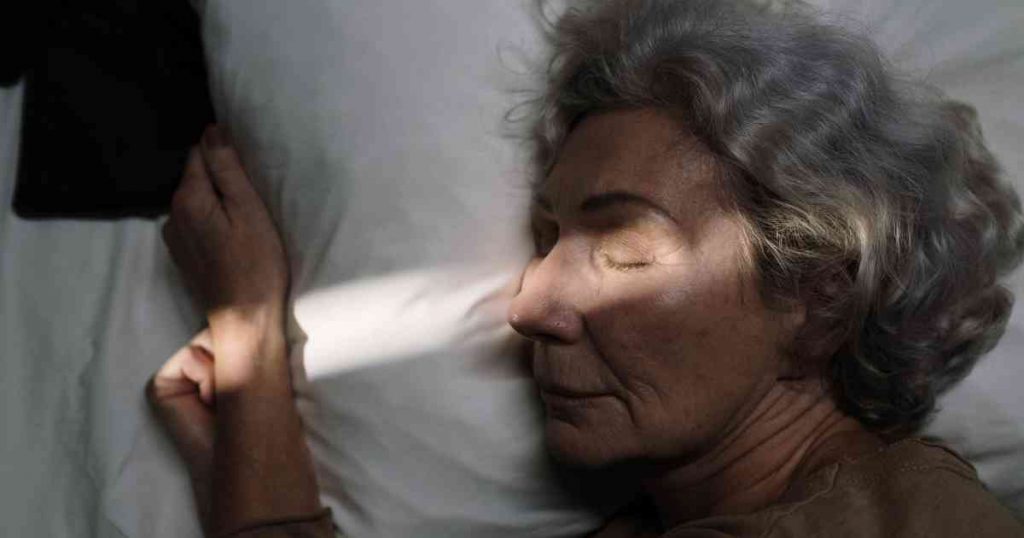
As we age, not only we may get grey hair and wrinkles on our skin, but also our eyes undergo a series of changes that can significantly impact our sleep patterns. One of the most common conditions that plague the elderly is cataracts.
A cataract is essentially a clouding of the eye’s natural lens, which lies behind the iris and the pupil. This lens is responsible for focusing light onto the retina, the light-sensitive tissue at the back of the eye. When a cataract forms, it’s like looking through a foggy window. The lens becomes less transparent, reducing the amount of light that can pass through it.
Melatonin, the sleep hormone, is released in response to darkness and inhibited by light. When cataracts cloud the lens, less light reaches the retina and, consequently, the brain. This disruption affects the brain’s ability to regulate melatonin levels properly. Resulting in lower melatonin levels at night, which translates to less sleep for our elderly loved ones.
Beyond Cataracts:
It’s not just cataracts that are the culprits. As we age, the overall quality of our vision deteriorates. The retina itself may become less sensitive, and other conditions like macular degeneration can also come into play. All these factors contribute to a reduced ability for the brain to perceive the difference between day and night, further messing with the circadian rhythm.
The Domino Effect:
The impact of these eye changes goes beyond just sleep. Reduced melatonin levels can lead to a host of other issues, including mood swings, increased susceptibility to illness, and even cognitive decline. It’s a domino effect that starts with something as simple as a cloudy lens but can end up affecting an individual’s overall quality of life.
Aging Brain and Sleep Sensitivity
The aging brain is another reason causing sleep disorders in the elderly. One of the most intriguing changes is the brain’s diminishing sensitivity to certain stimuli, particularly those that influence our sleep patterns. This isn’t just a minor tweak in the system; it’s a fundamental shift that has a ripple effect on various aspects of our lives, including our sleep quality and duration.
As we age, the SCN starts to lose its mojo. The once-vigilant nucleus becomes less responsive to light signals, leading to a decrease in melatonin production. This decline doesn’t happen overnight; it’s a gradual process that often goes unnoticed until we find ourselves waking up earlier than usual or struggling to get a full night’s sleep.
While melatonin is the star of the show, it’s essential to recognize that other neurochemical changes contribute to altered sleep patterns. Serotonin, dopamine, and GABA (Gamma-Aminobutyric Acid) also play roles in regulating sleep and wakefulness. The levels and effectiveness of these neurotransmitters can decline with age, adding another layer of complexity to the sleep conundrum.
More Than Sleepless Nights:
Reduced brain sensitivity doesn’t merely result in less sleep; it can also affect our mood, cognitive function, and overall well-being. A lack of restorative sleep can lead to irritability, decreased focus, and even exacerbate age-related cognitive decline. Therefore, understanding the changes in brain sensitivity is not just an academic exercise; it has real-world implications for the quality of life in our older age.
It’s Not All Bad News
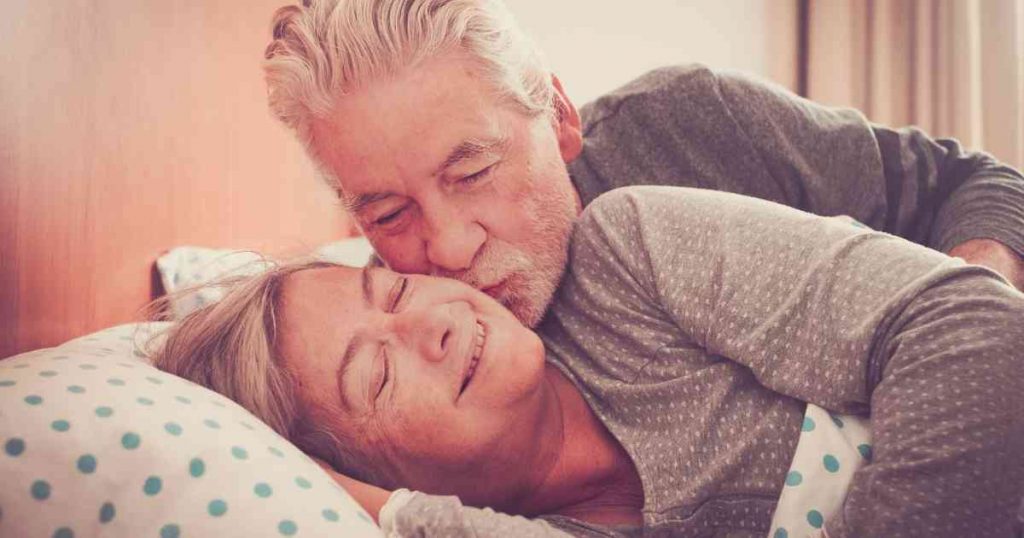
While the notion that older people sleep less might initially sound like a drawback, it’s crucial to view it through a different lens. Reduced sleep in older people isn’t necessarily a sign of a problem; rather, it’s a natural adaptation to the aging process resulting in older people need less sleep.
More Time for Leisure and Loved Ones:
Waking up early gives seniors more daylight hours to engage in activities they love. Whether it’s gardening, reading, or spending quality time with family, the early riser gets the worm—or in this case, more time to enjoy life’s simple pleasures.
A New Routine, A New Adventure:
As people age, their priorities and interests often shift. The early morning hours can be a peaceful time for reflection, meditation, or even a brisk walk. It’s a chance to set a positive tone for the day ahead.
Less Sleep Doesn’t Mean Poor Sleep:
It’s a common misconception that less sleep equates to poor-quality sleep. Many seniors report feeling fully rested even with fewer hours of shut-eye. The key is the quality of sleep, not necessarily the quantity.
Health Benefits: An Unexpected Bonus:
Some studies suggest that waking up early is associated with better mental health, lower rates of depression, and even a longer lifespan. While the science is still out on this, it’s an intriguing area of research that could further underscore the benefits of being an early bird.
So, the next time you find your grandparents up and about while you’re still in dreamland, you’ll know it’s not just because they’re “morning people.” It’s a complex interplay of brain function, eye health, and natural biological changes that come with aging. And who knows, understanding this might make those early morning visits to grandma and grandpa’s house a little more intriguing!

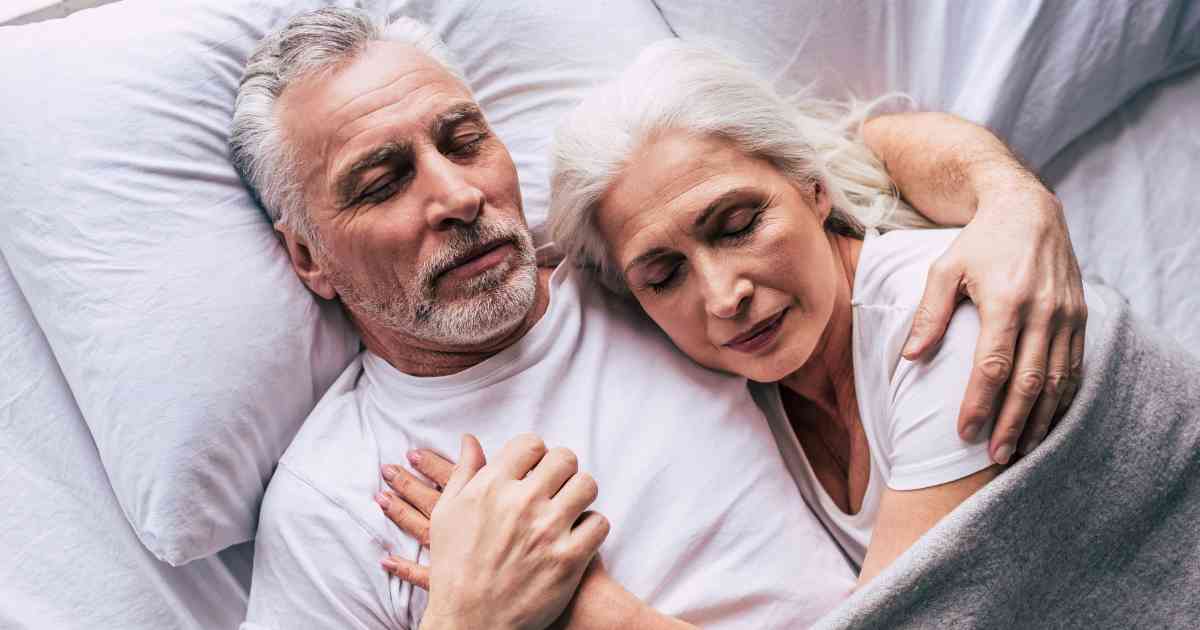
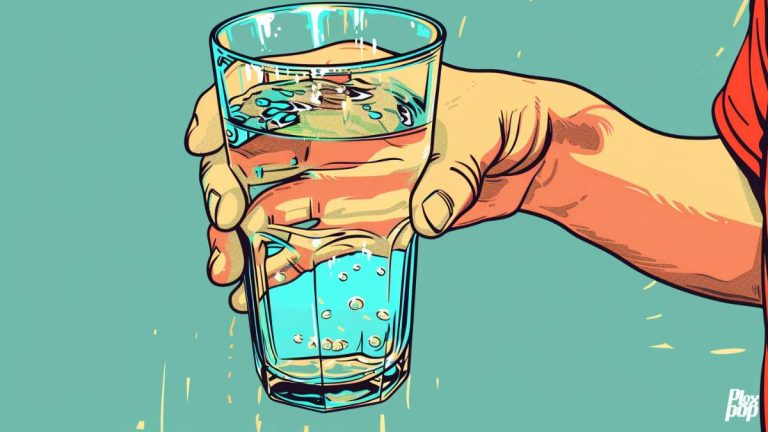

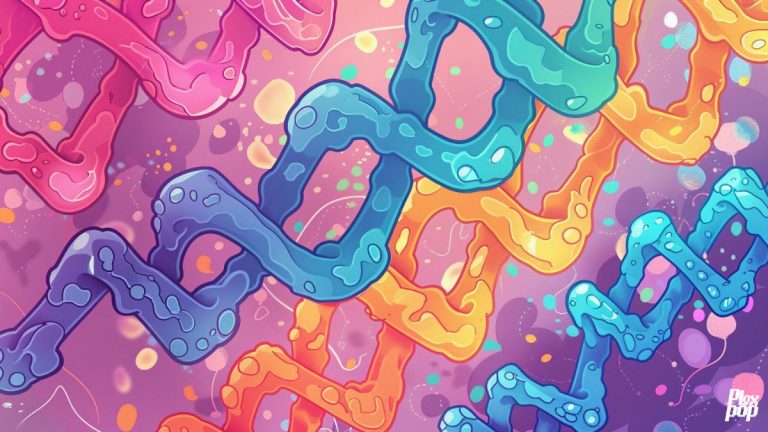

Leave a Comment